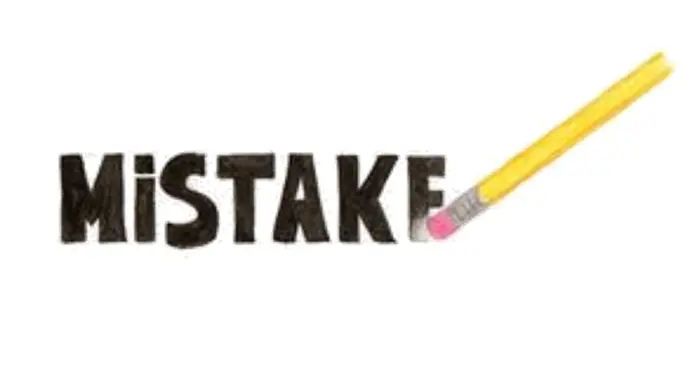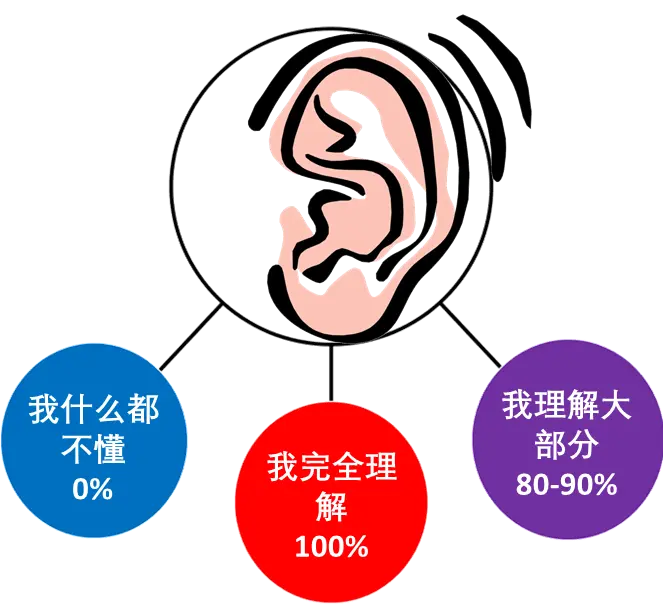Habit formation
All learning requires developing habits.
As we have learned, information must be stored in long-term memory and easily retrieved when needed at any given time. To do this, it must be available as an unconscious process.
Whether learning a language or learning to ride a bike, the information needs to be in the form of an automatic process (a habit) that is easily retrievable. If you need to consciously think about every word and action, learning will be very difficult.
The faster good habits are formed, the faster students can learn effectively.
Likewise, if bad habits are formed in the early stages of learning, these habits will be difficult to change later.

Error Correct
We learn better when mistakes are corrected immediately, rather than later.
Error correction is primarily about habit formation. When errors are not corrected in the early stages of learning, these errors (when repeated often) begin to form habits. Once formed, habits are harder to change.
Students should be assessed frequently in the early stages of learning and have their errors corrected early in the learning process.

Levels of Understanding
Learning and remembering a word or phrase in context (whether by hearing it or seeing it) is influenced by our level of comprehension.
When we don’t understand what we hear or see, or we understand very little about it, our brains don’t attach importance to it.
Once we understand everything, we initiate maintenance rehearsal, which helps improve retention until the content is fully consolidated in long-term memory.
When we understand most (but not all) of what we hear or see, our brains still mark it as highly important and drive us to construct a more complete understanding. To do this, we build a mental bridge between what we know and what we don’t know—essentially, we make (and usually quite accurate) guesses.

